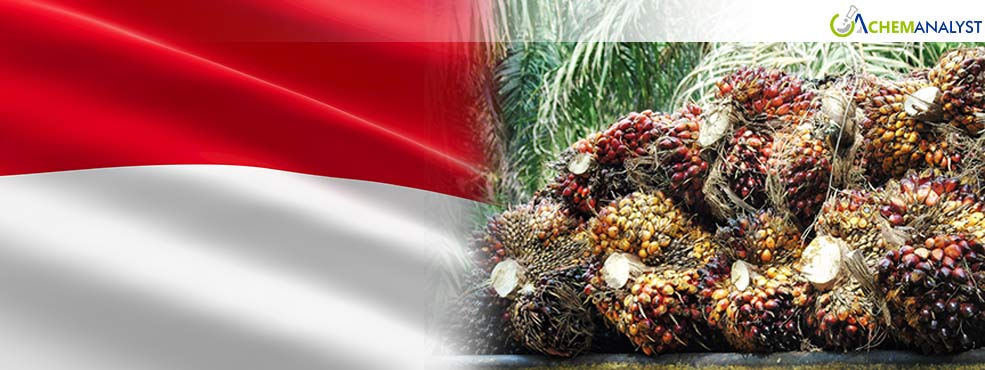Welcome To ChemAnalyst

Indonesian authorities have arrested three judges involved in the acquittal of three major palm oil companies—Wilmar Group, Musim Mas Group, and Permata Hijau Group—in a corruption case related to the issuance of export permits, as reported by several news agencies. The arrests, which took place on Sunday night, were confirmed by Attorney General's Office spokesperson Harli Siregar, following the earlier detention of the South Jakarta district court's chief judge, Muhammad Arif Nuryanta, on Saturday.
The case centers around allegations of bribery during a high-profile trial in which the companies were cleared of misconduct in securing export permits in 2022. Last month, the South Jakarta court ruled in favor of the companies, dismissing the corruption charges. However, subsequent investigations revealed that bribes may have influenced the verdict.
According to Siregar, Judge Nuryanta, who was serving as deputy chief of the court at the time the verdict was issued, played a pivotal role in coordinating a favorable outcome, despite not being directly involved in hearing the case. He allegedly received a bribe of 60 billion rupiah (approximately $3.8 million) through two lawyers representing the companies. These funds were allegedly used to pay $1.07 million to the three judges who ultimately issued the acquittal. Along with the judges and Nuryanta, a court clerk and the two involved lawyers were also taken into custody.
Siregar stated that the bribes were given with the intent of influencing the judges to rule that no crime had been committed. In response to the court’s controversial decision in March, the Attorney General’s Office has filed an appeal to overturn the acquittals.
The case has sparked national concern, particularly because it involves three of Indonesia’s most prominent palm oil companies. Indonesia, which supplies around 60% of the world's palm oil, faced a crisis in 2022 when the government imposed strict export restrictions—including a three-week ban—to control surging domestic cooking oil prices. The initial corruption charges against the companies alleged that they had manipulated the permitting process during this period of heightened regulation. Prosecutors had sought financial penalties totaling up to 11 trillion rupiah (about $700 million) from the companies.
This unfolding scandal highlights ongoing challenges in Indonesia’s legal and judicial systems, particularly with regard to corruption. The arrest of high-ranking judicial officials underscores the government’s efforts to enforce accountability, especially in cases involving powerful corporate interests.
We use cookies to deliver the best possible experience on our website. To learn more, visit our Privacy Policy. By continuing to use this site or by closing this box, you consent to our use of cookies. More info.
